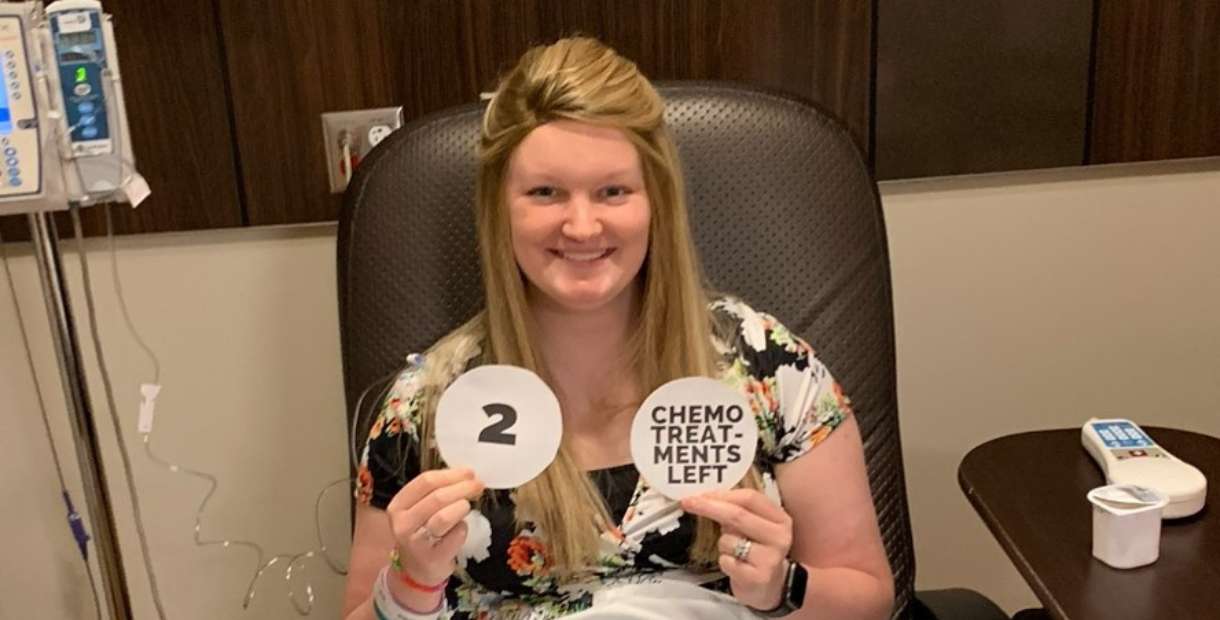Navigating Experimental Cancer Treatment
Cancer can be a scary diagnosis. It can feel like your entire life has been turned upside down. When considering treatment options, it’s vital to do your research to know what’s available.
What is experimental cancer treatment?
Experimental cancer treatments are treatments which may make medical claims because researchers are still trying to determine whether these treatments are safe and effective. These treatments generally include experimental drugs, different types of radiation, chemotherapy, or immunotherapy, and surgical approaches. Access to experimental drug treatment occurs through expanded access, clinical trials, right to try or alternative therapies.
Expanded Access
Expanded access, also known as compassionate use, is for patients that are not eligible for a clinical trial and have a serious or life-threatening illness. It may provide an experimental drug intended to improve their quality of life. Unfortunately, their chances of improvement are slim, and the experimental drug is not guaranteed to help.
Right-To-Try
Like expanded access, right-to-try allows the use of an experimental drug outside of clinical trials for severe cases. But unlike expanded access, it is not regulated by the FDA.1
Alternative therapies, like herbal remedies or acupuncture, are another way to improve a patient’s quality of life.*
Clinical Trials
Clinical Trials are the most common way to access experimental drugs. These studies are carefully designed to research groups of people. During a clinical trial, the effects of an experimental drug are tested on different types of people and forms of cancer. In the U.S., the Institutional Review Board (IRB) and Data and Safety Monitoring Boards (DSMBs) oversee clinical trials. They enforce national guidelines requiring patients to be informed of what they consent to.
Clinical trial results can help improve treatment for cancer patients in the future. While these can be helpful to society in the long run, it’s important to note that each patient may react differently to experimental treatments. Consider risks such as unpredicted side effects or worsening of a patient's condition. Patients need to ask their doctor and research options before pursuing a clinical trial.
Common types of experimental treatment:
Immunotherapy – This uses a person's own immune system to fight cancer. Immunotherapy can boost or change how the immune system works so it can find and attack cancer cells.2
Stem cell transplant: Stem cells are to the body what cake batter is to cupcakes. Depending on the conditions, cake batter may become cupcakes, cinnamon rolls or a different sweet treat. Under the right conditions (in the body or a laboratory), stem cells can become bone cells, brain cells, blood cells or a different specialized cell.3 During a stem cell transplant, new stem cells are infused into the body (typically through the bloodstream). The goal is for the stem cells to replace the cancerous cells.
How do I pay for experimental cancer treatment?
Some insurance policies, like American Fidelity’s Limited Benefit Cancer Insurance may help cover patient care costs for experimental treatments. This might include inpatient stays, standard visits and standard cancer treatment. Benefits for experimental treatment prescribed by a physician for cancer treatment may be provided the same as non-experimental treatment. Coverage for treatments received outside of the United States or its territories might not be provided.
Experimental treatments could improve or worsen a patient’s condition. Research and consult your doctor to help decide if experimental treatment is right for you.
This blog is up to date as of July 2023 and has not been updated for changes in the law, administration or current events.




